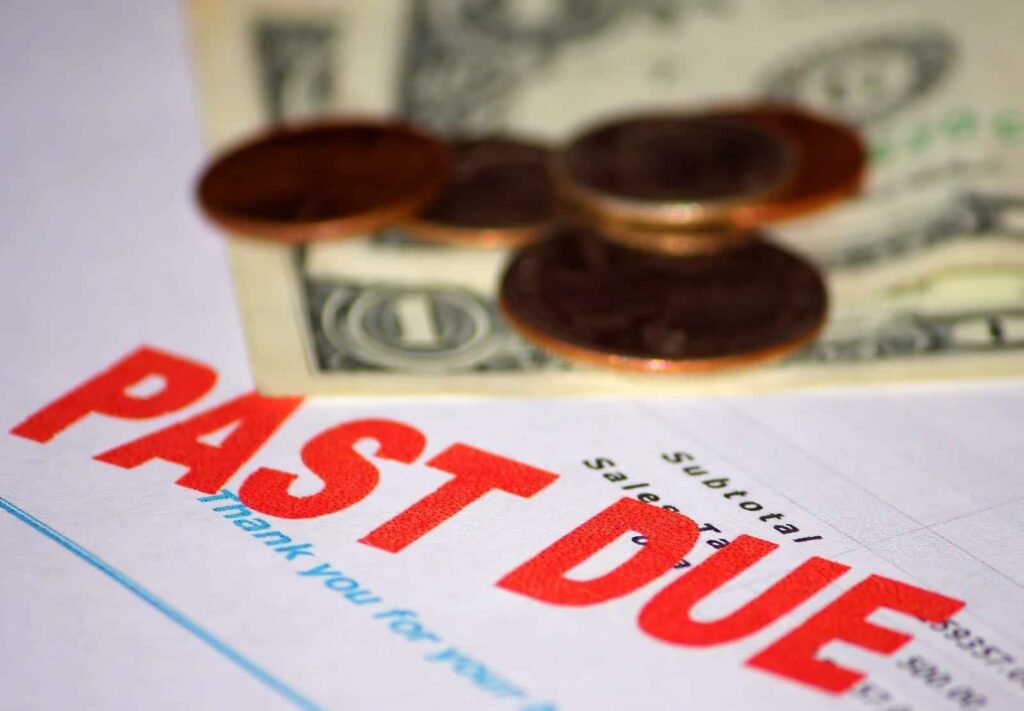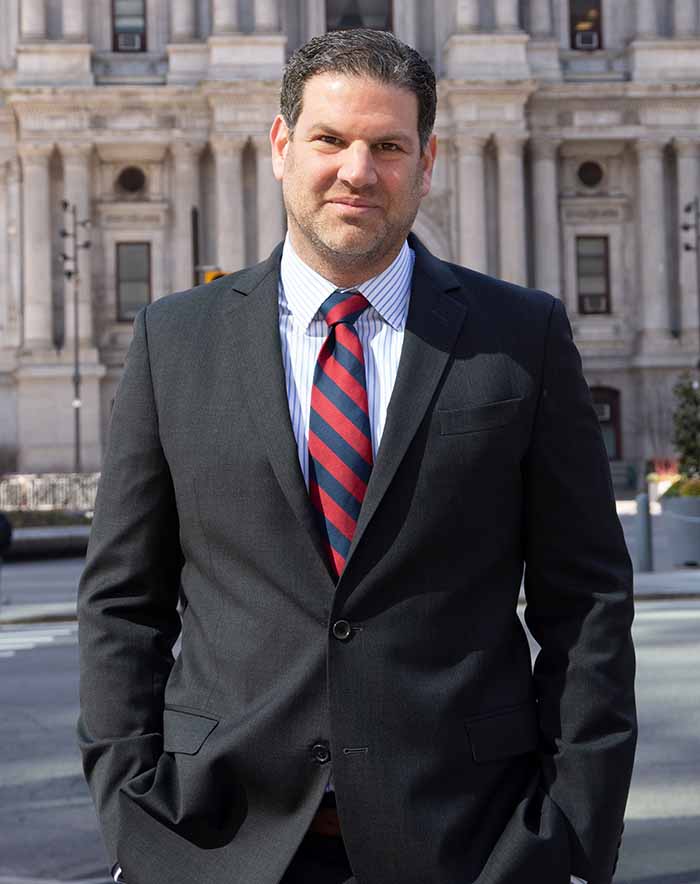Philadelphia Mortgage Modifications
Top Bankruptcy Attorneys and Home Foreclosure Defense Attorneys.
Over 750 ★★★★★ Google Reviews

Contact Our Attorneys Today



EVALUATION
At Sadek Bankruptcy Law Offices, we realize that every situation is different. Our debt relief lawyers will take the time to learn about your situation and your goals. Our objective is to explain your legal options and offer the best debt relief strategy for you in the most compassionate and friendly manner possible. Call 24/7 to schedule your meeting with a lawyer.
AVAILABLE
Our office understands the financial stress our clients endure. Therefore, in addition to reasonable legal fees, we offer a payment plan to all of our valued clients to make quality legal services most affordable.
AND NJ
In addition to our primary law office in Center City, Philadelphia, we also have law offices throughout the Greater Philadelphia, Pennsylvania Area and in New Jersey. Our branch offices have contributed to making us the #1 Bankruptcy Filer and debt relief firm in the Greater Philadelphia area. Our goal is to have a convenient location within 20 minutes of where our clients work or reside.
Philadelphia Mortgage Modifications
There are several options available to homeowners that are delinquent on their mortgages. Often times a hardship such as unemployment, reduction in income, divorce or separation or unanticipated expenses lead to a late or unpaid mortgage payments.
When such a hardship occurs a mortgage modification may be a viable option, especially if other debts (credit cards, vehicle payments, etc.) are substantially current or non-existent.
In response to the recession, in 2009 the Obama administration established the Home Affordable Modification Program “HAMP” to prevent millions from losing their homes to foreclosure.
On December 31, 2016 HAMP expired and was replaced by the Flex Modification Program “Flex.” The Flex program was designed to combine the best features of HAMP, Fannie/Freddie Mac’s Standard Modification and Streamlined Modification Programs.
The goal of the Flex program is to reduce mortgage payments by as much as 20% per month, lower the contractual mortgage interest rate and forbearing principal balance. Generally speaking to accomplish a reduction in mortgage payments, the mortgage term need be extended to 40 years to satisfy the unpaid principal balance of the subject mortgage.
For loans that are not serviced by Government Sponsored Entities “GSE’s” or conventional mortgages, the mortgage servicers often have their own modification guidelines.
Although the guidelines will vary by servicer the concepts of a reduction in monthly mortgage payments, reduction of interest rate and extension of loan term are the universal goals of a mortgage modification.
The mortgage modification process is fairly paperwork extensive and may take between three and six months. Once approved for a modification, there is a three month trial plan.

During the trial plan, the mortgagor must make three monthly trial payments in a regular and timely manner before a permanent mortgage modification is agreed to and signed by the parties.
Although a mortgage modification can be beneficial, the total amortization of the loan can increase the amount due to the servicer over the life of the “new” modified loan. Further, the unforgiven and unpaid principal balance can impair a homeowner’s equity position as well.
To determine if a mortgage modification is a viable option for your situation, please contact the attorneys at Sadek Bankruptcy Law Offices to best assess your situation.
Why Is It So Hard to Get a Loan Modification?
A mortgage loan modification can be an option when you’re in danger of falling behind. But many homeowners find the process of applying for one frustrating and fruitless.
It’s worth noting that not all homeowners do. Some loan servicers now run complex algorithms to determine when a homeowner might be in trouble. Some even call, reach out, and offer modification options.
Others just downright deny the modification application and, eventually, proceed with the foreclosure process.
Why Wouldn’t They Want to Work with Homeowners?
From the outside looking in, this doesn’t make a lot of sense to most people. But they aren’t just being malicious.
1) Loan servicers don’t have much financial incentive to modify loans.
Loan servicers only receive 0.25 to 0.50 of the annual loan balance on each house. When few homes are in default this amount amply covers their costs.
When homes are in default, the costs of dealing with the problem skyrocket.
This is true even in the face of new federal laws about loan modification. According to Bloomberg, they make it harder to meet FHA foreclosure deadlines. When those deadlines get missed, the FHA can hit the servicer with harsh financial penalties. This has in turn made loan modification “prohibitively expensive,” and has made it far more attractive to cut losses, foreclose on the loan, and get out.
2)The servicer may be blocked by agreements with the lender.
About 90% of the agreements between the servicer (the people who send you bills) and the lender (the people who actually funded the loan) are loan modification friendly. But that 10% leaves hundreds of thousands of homeowners with loans they can’t modify.
If that’s the case, nothing about your application or personal circumstances will make any difference.
3) The servicer could be afraid of getting sued.
Investors expect maximum returns from their loan servicers. And they can sue servicers when they feel they aren’t delivering.
For example, a hedge fund sued Countryside. The CEO of the hedge fund argued the loan modification program they were launching was meant only to satisfy lawsuits and would cost investors billions. They wanted Countrywide to repurchase every loan they wanted to modify so investors would be compensated.
In 2010, the United States Court of Appeals ruled in Countrywide’s favor and dismissed the case. But lawsuits make companies leery, and the possibility of other litigation could make some servicers wary.
4) The NPV isn’t in your favor.
“NPV” stands for “net present value.” It looks at the value of your home versus the value of the mortgage.
It’s not a straightforward formula by any stretch of the imagination. But the specifics of the calculation aren’t important. The why of the calculation is. The servicer uses this value to determine whether it’s more profitable to modify the mortgage or to foreclose.
If the NPV isn’t in your favor, they will typically deny the modification.
Loan modification doesn’t always prevent foreclosure.
As frustrating as all these factors are, it’s important to realize that modification alone won’t necessarily save your home. Here’s why.
Because modifications sometimes change hands.
If you’ve applied for your modification before the foreclosure process starts there’s always the chance another servicer will pick up the loan. When this happens, the application paperwork might get lost in the shuffle.
By the time you realize the new company doesn’t have the materials, it may be too late.
Because the modification may be too conservative.
If you’re dealing with a personal hardship, will the reduction of a $1200 mortgage note to an $1000 mortgage note really help you?
It might. But often it doesn’t. While every penny counts, these reductions often need to be substantial to make a real difference.
When you’re in real danger of foreclosure you aren’t often given enough time.
Federal laws require loan services to respond to requests and to approve or deny them quickly if you are within 60 days of a mortgage sale. But even if the modification is approved, you’ll usually still have to pay amounts in arrears.
It’s rare for homeowners to have that money within the short window of time they’d need to come up with it in order to save their home.
So, what’s the solution?
There are two things you can do.
1) Get a foreclosure defense lawyer.
Sad, but true: servicers often take loan modification requests a lot more seriously when there’s a lawyer involved.
An experienced foreclosure defense lawyer can sometimes push the request through better than a homeowner alone.
A lawyer can also spot other potential foreclosure defenses which might be more helpful to your case.
See also: What is an Unconscionable Home Loan?
2) Consider bankruptcy.
Sometimes, a Chapter 13 bankruptcy really is the best solution. The automatic stay keeps the servicer from foreclosing on your home. A Chapter 13 plan payment is going to be a lot more aggressively helpful than a loan modification.
See also: Modifying Your Home Loan While In Bankruptcy.
Bankruptcy can also buy you some time to push a loan modification through, or to sell the house so it doesn’t need to foreclose. Or, if you short sell the house, it gives you the ability to then put the deficiency balance into the bankruptcy plan.
See also: What is a Mortgage Cram Down?
Is it right for you?
We won’t know until we sit down with you and look at your specific situation.
But if you’re facing foreclosure, you shouldn’t wait. Call us for a free consultation today.

Work with Our Dedicated and Experienced Bankruptcy Lawyers
Sadek Bankruptcy Law Offices, LLC has a dedicated team of lawyers who help clients achieve the benefits of bankruptcy in Pennsylvania and New Jersey. Our lawyers have over 75 years of combined experience and have filed more than 5,000 successful bankruptcy cases.




